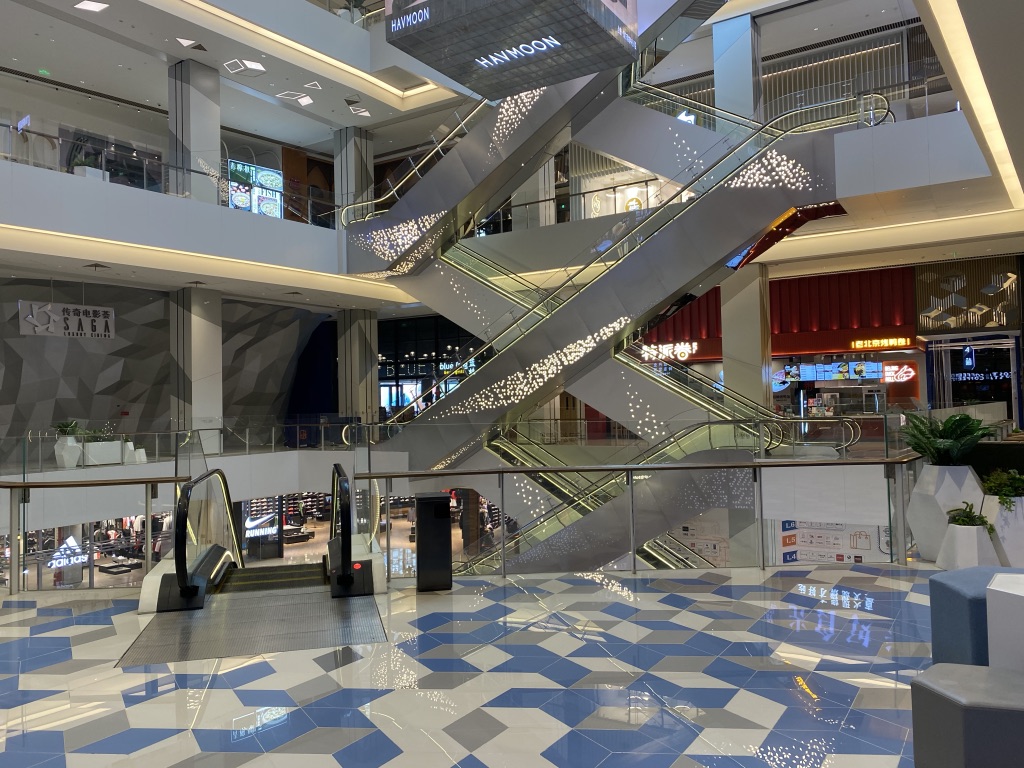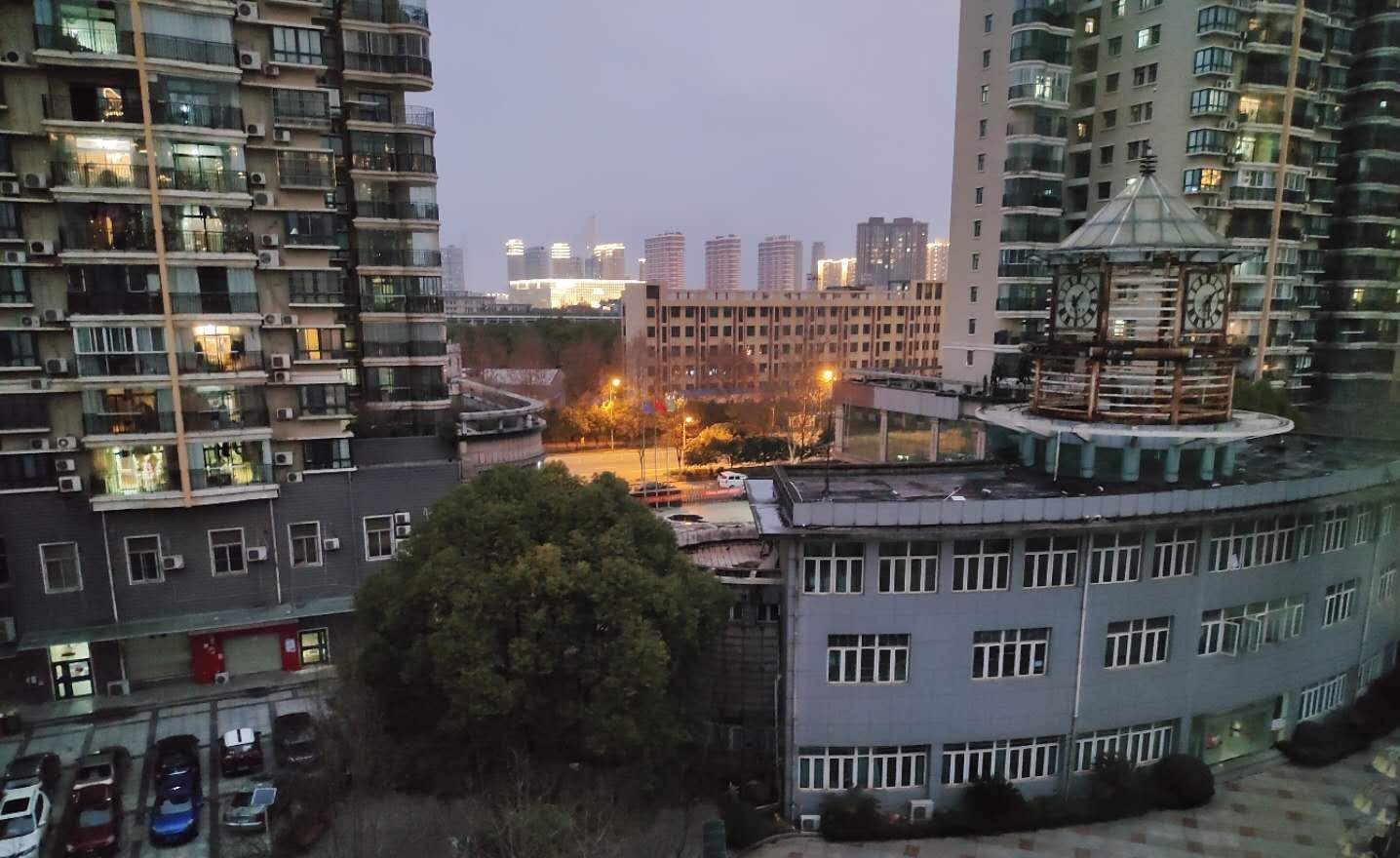Ariel Soon from the United States travelled to Daegu, South Korea earlier this year to start a new job, only to find herself right in the epicentre of the COVID-19 outbreak in South Korea. She told us about the situation around her, 1451km away from Wuhan, China.
“To be honest, I don’t think any country is handling this crisis very well.”Q: Hi Ariel, thanks for connecting with us all the way from Daegu, South Korea! When did you first hear about the 2019-nCoV novel coronavirus and what did you think of it then?
A: I first heard about it when I was in the United States getting ready to move to Daegu. I didn’t really pay much attention at the time since the virus seemed to be mainly in China. When I actually arrived in Daegu, there were only about 30 cases here in South Korea.
How concerned are you now? How many COVID-19 cases and related deaths are there in South Korea at the point of this interview and do you personally know anyone who’s been infected with COVID-19?
I’m getting more concerned about it each and every day, especially now that it’s up to 2,000. I don’t really know anyone here, so, no, I don’t know anyone personally who has been infected with COVID-19 yet.

How did most of the cases in Daegu get infected anyway? Are there any notable clusters apart from the Shincheonji church cluster, or is that the only known cluster there?
As far as I know, Shincheonji is the main cluster here in Daegu.
Can you tell us what you know about the Shincheonji Church of Jesus, the Temple of the Tabernacle of the Testimony? Why do people call it a cult and what is it about their activities that has enabled the virus to spread widely between its members?
I really don’t know much about Shincheonji, other than what I’ve read on major news outlets, that the followers crowd together and aren’t allowed to wear anything on their face, including masks, and people assumed that Patient 31 just had a cold, which is to imply that she was symptomatic at the time.
How has life changed for you since the coronavirus outbreak in Daegu? What are you no longer allowed to do and what extra are you expected to do to keep yourself and your community safe?
Well, I haven’t been able to start working yet, and I don’t know when I will be able to. I always wear a mask whenever I go outside, and I don’t take public transportation. I would like to visit cafes and linger around, but I have been avoiding them. A lot of the cafes here in Daegu are closed, or they only allow you to order Take Out.
What else do you do regularly to keep healthy and safe?
I’ve been staying indoors and avoiding contact with people. I have also been taking Vitamin C supplements to support my immune system.
Why do you choose to stay on in Daegu regardless?
I really enjoy being in Korea, despite all of this, and I would like to stay here with the hopes that the outbreak will get under control.

What is the status of food, water and medical supplies like masks in stores right now? Where are those supplies coming in from?
There was an initial shortage of masks when news of the outbreak first occurred, but most pharmacies and cosmetic stores are now well stocked. They have increased the price, however. I haven’t seen any shortage of food and water, however, as all the food markets and convenience stores are all still well stocked. Deliveries are still being made here.
Have you done anything to prepare for the possibility that the novel coronavirus epidemic in South Korea might get worse? Have you stocked up or made special plans you can execute at a moment’s notice?
I’m in contact with my employer on a regular basis and there are many medical clinics and pharmacies nearby. Luckily the convenience stores are still open 24/7–for now.

Is there anything you know about the situation within Daegu that has not been mentioned, or has been misrepresented, in global news?
I haven’t seen that much news about the Daegu epidemic in great detail. I know some are reporting that it’s like a ghost town, but there are pockets of activity, and there a lot of businesses that are still open here.
What do you think of South Korea’s response to the COVID-19 outbreak? What did they do well and what could have been done better?
They should have closed its borders with China right after they found that first case. I have not been happy with the way they have handled this situation at all, but I also understand that I am in a foreign country and they do things differently here. To be honest, I don’t think any country is handling this crisis very well.

What will you do if you or those who live with you develop symptoms of the virus? How difficult is it to get a bed at a hospital in Daegu these days?
I’m not really sure.
Which 3 items or people are most useful for you right now?
Hand sanitiser, soap, mask.

Is there anything you regret not doing earlier?
I don’t think it’s a question of what I, myself, could have done. This whole epidemic has to do with the community, and how do you control the behaviour of an entire community?
Lastly, what have you learned from this novel coronavirus outbreak that you didn’t know before?
I have admired the Korean people’s gentleness and humility in the way they treat each other. They are kind and respectful to one another, but I just keep thinking that if they were a little more stern—with China, the doctor with Patient 31 that tried to convince her to get tested for the coronavirus twice before she agreed to it—this outbreak wouldn’t be so widespread. But hindsight is always 20/20, and it’s up to the experts and public health officials to review what they got wrong this time to make sure they will be more prepared the next time this happens.

Ariel hopes to be able to continue to stay in Korea, so that she can gain some valuable experience as well as understand and learn more about Korean culture. You can follow her adventures in Korea at her blog, www.woundedcat.wordpress.com, or ask her for updates about Daegu by using the comment box below.
Tomorrow, we chat with a tourist in Seoul, capital of South Korea, 237km away from Daegu, to find out about the situation over there. Follow the latest in our COVID-19 Diaries series here.
If you’re in a country that has been affected by the novel coronavirus and would like to share information about the situation where you’re at, do get in touch with us here.
Other interviews with Ariel:
COVID-19 Diaries: Daegu, South Korea, 167 Days In
Photographs courtesy and copyright of Ariel Soon. Interviewer: Sy
Sponsor or support the COVID-19 Diaries series here.
If you found this article useful:

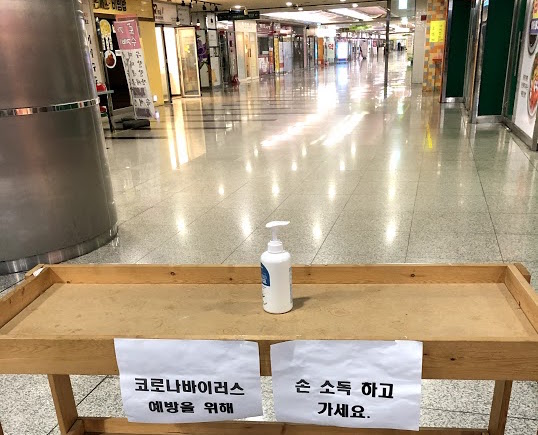
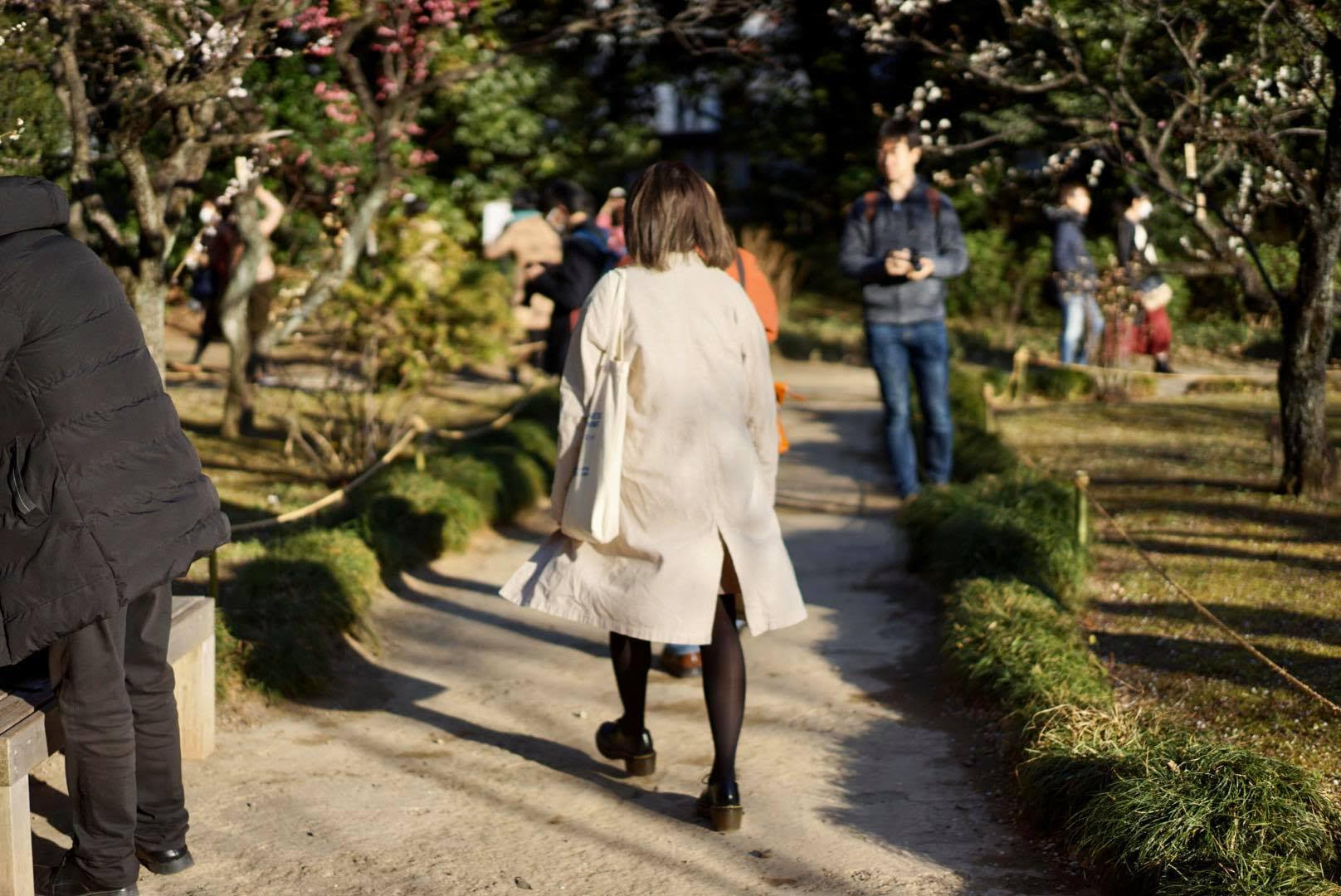



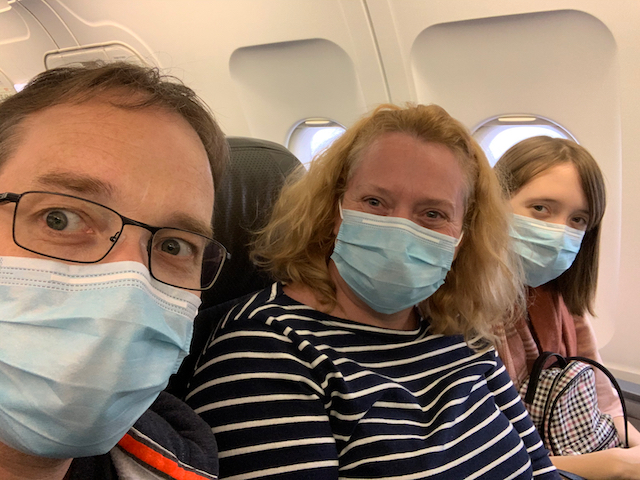





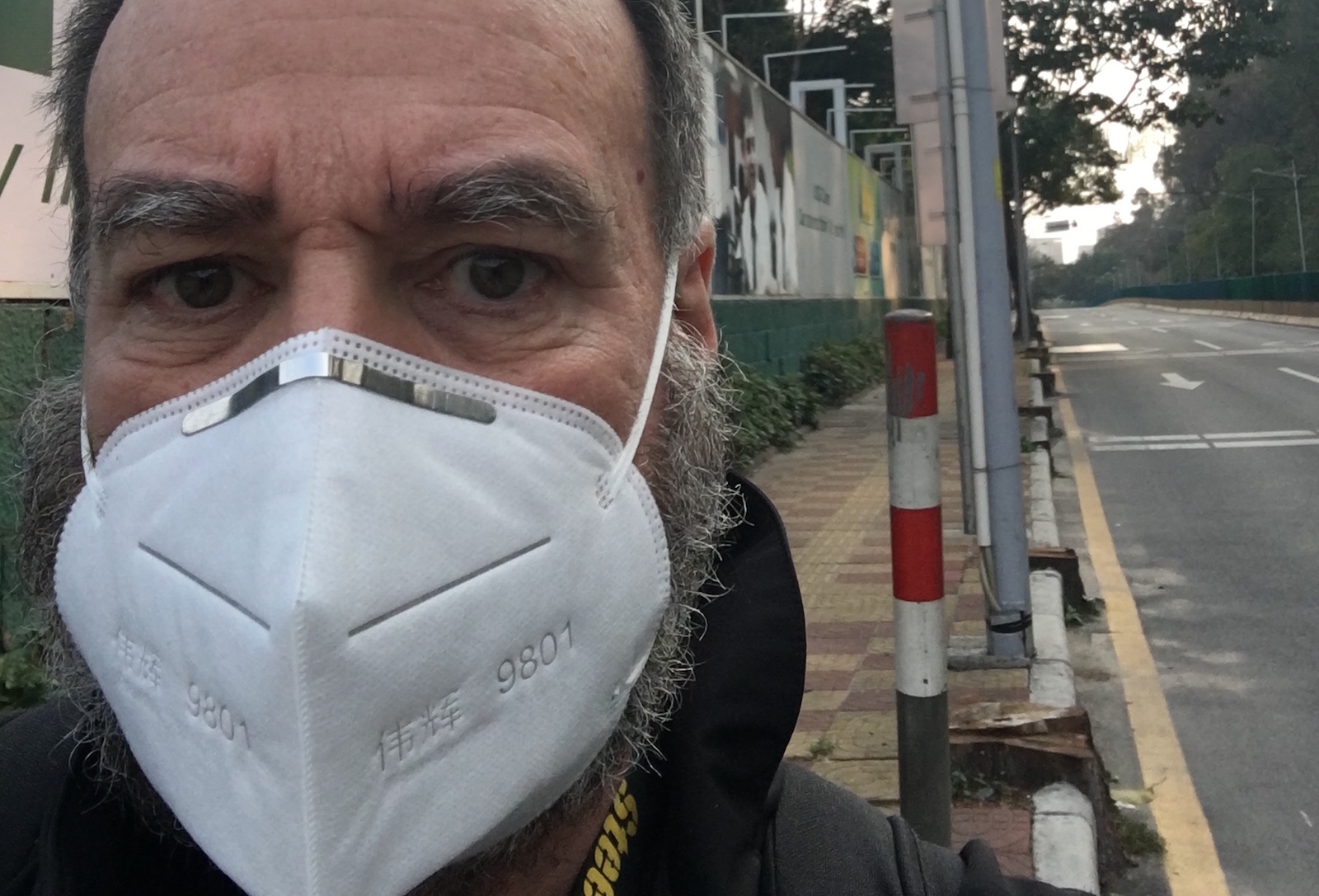



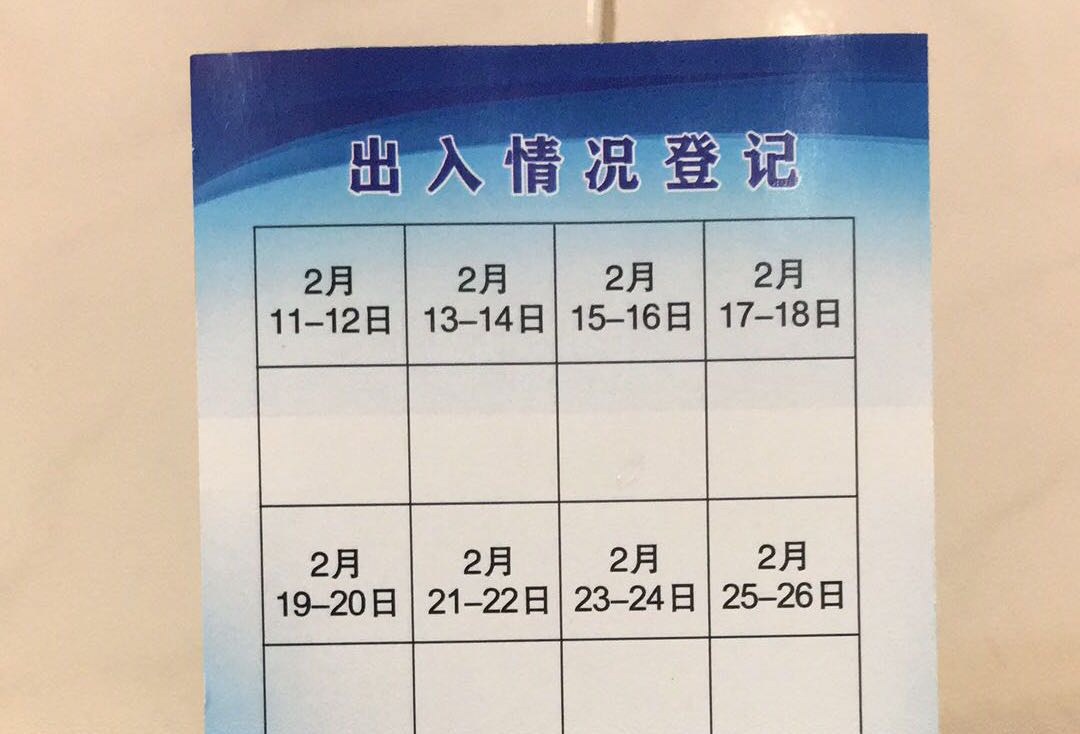

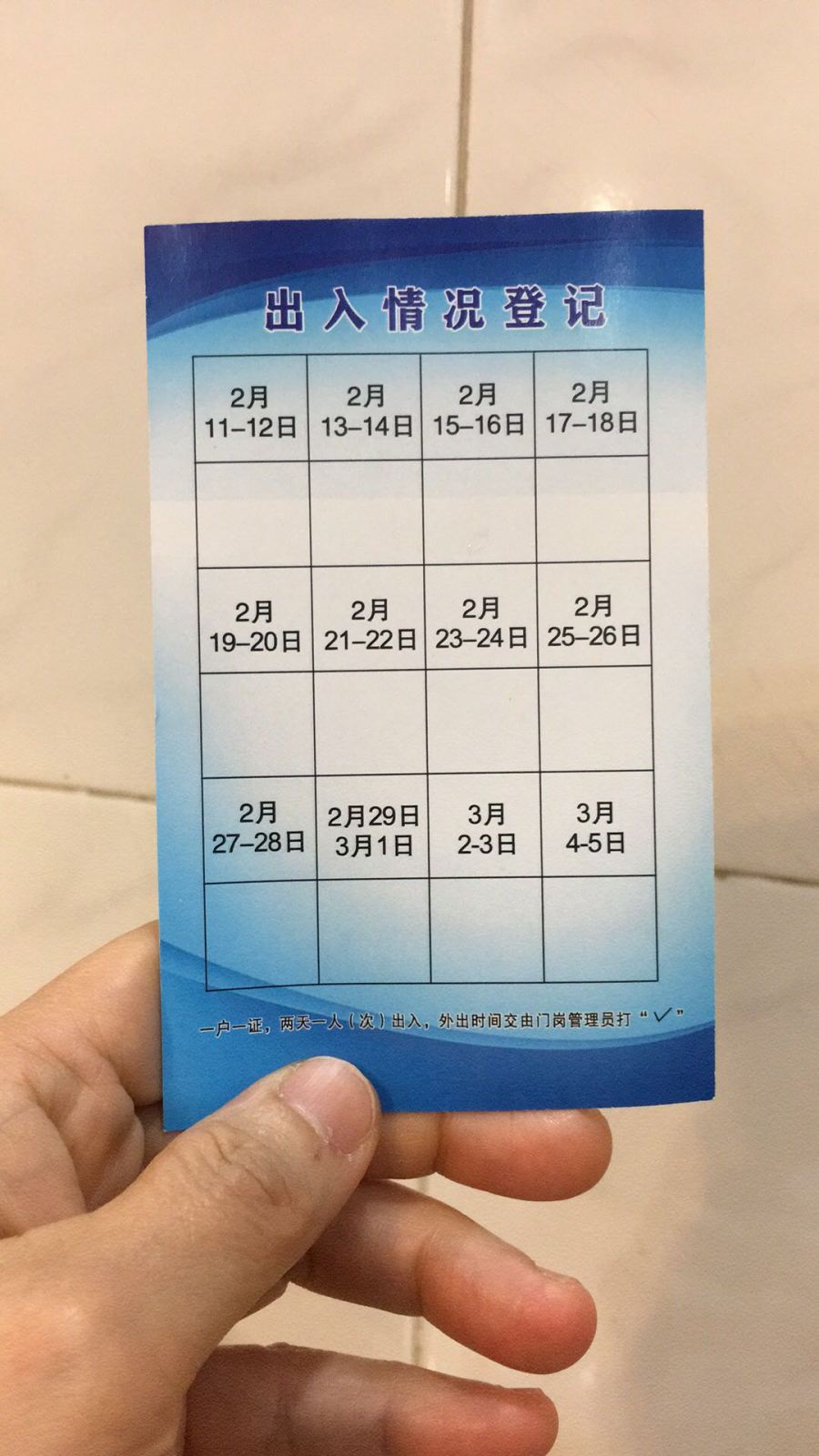
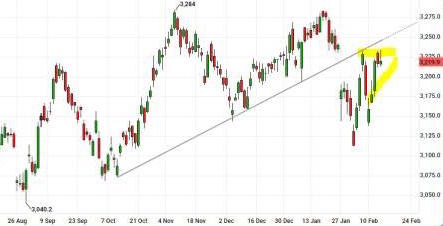

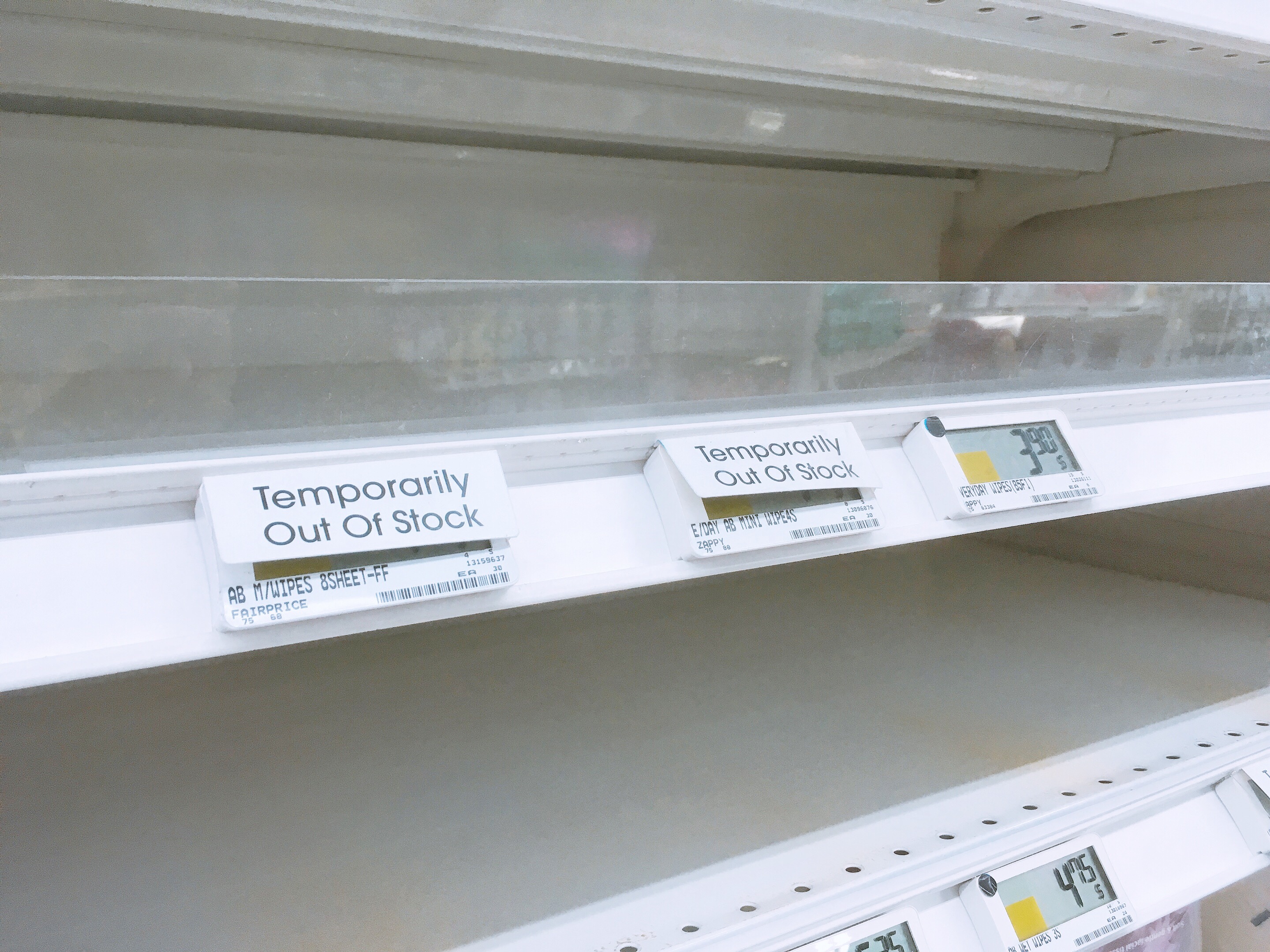





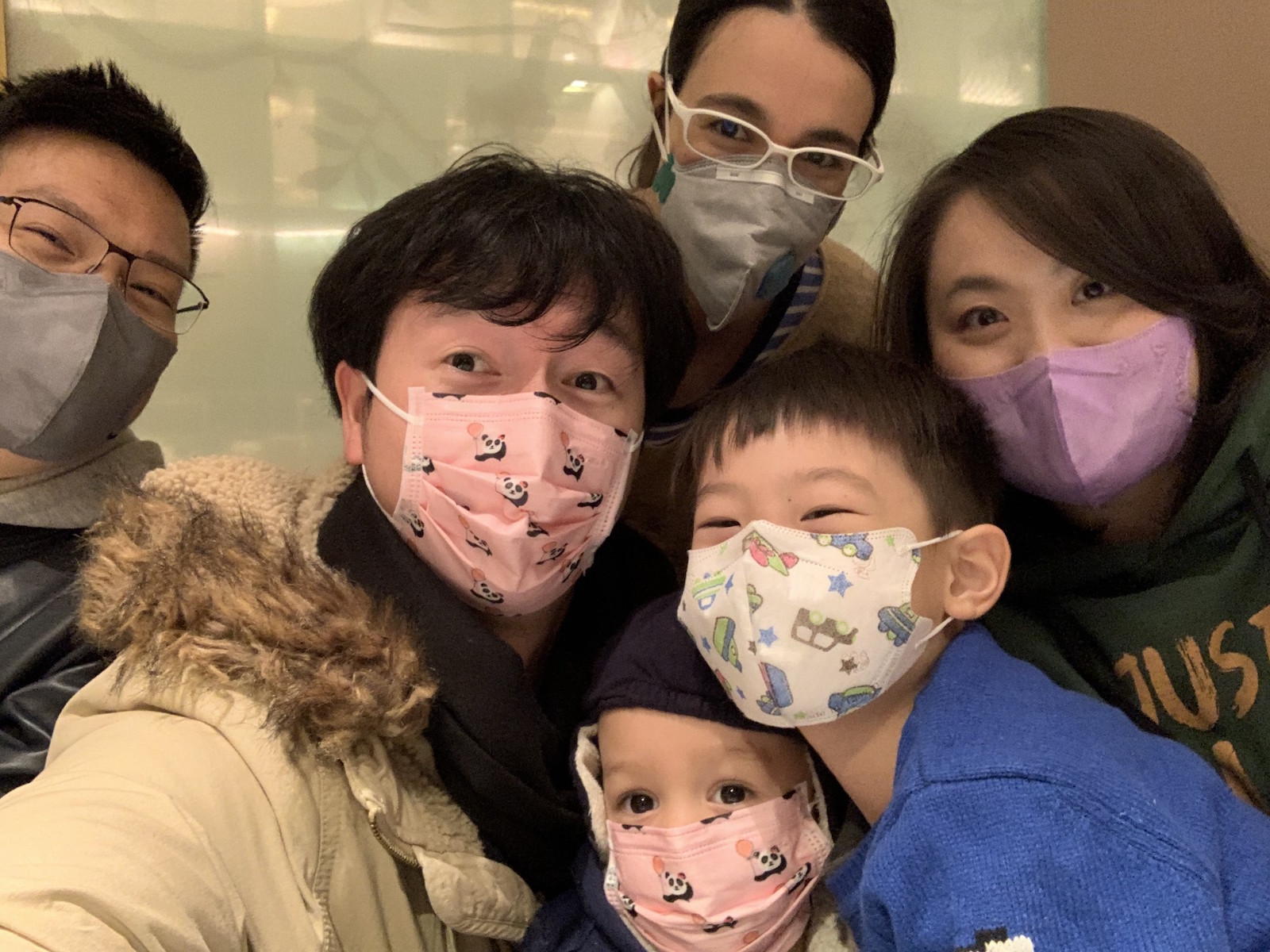




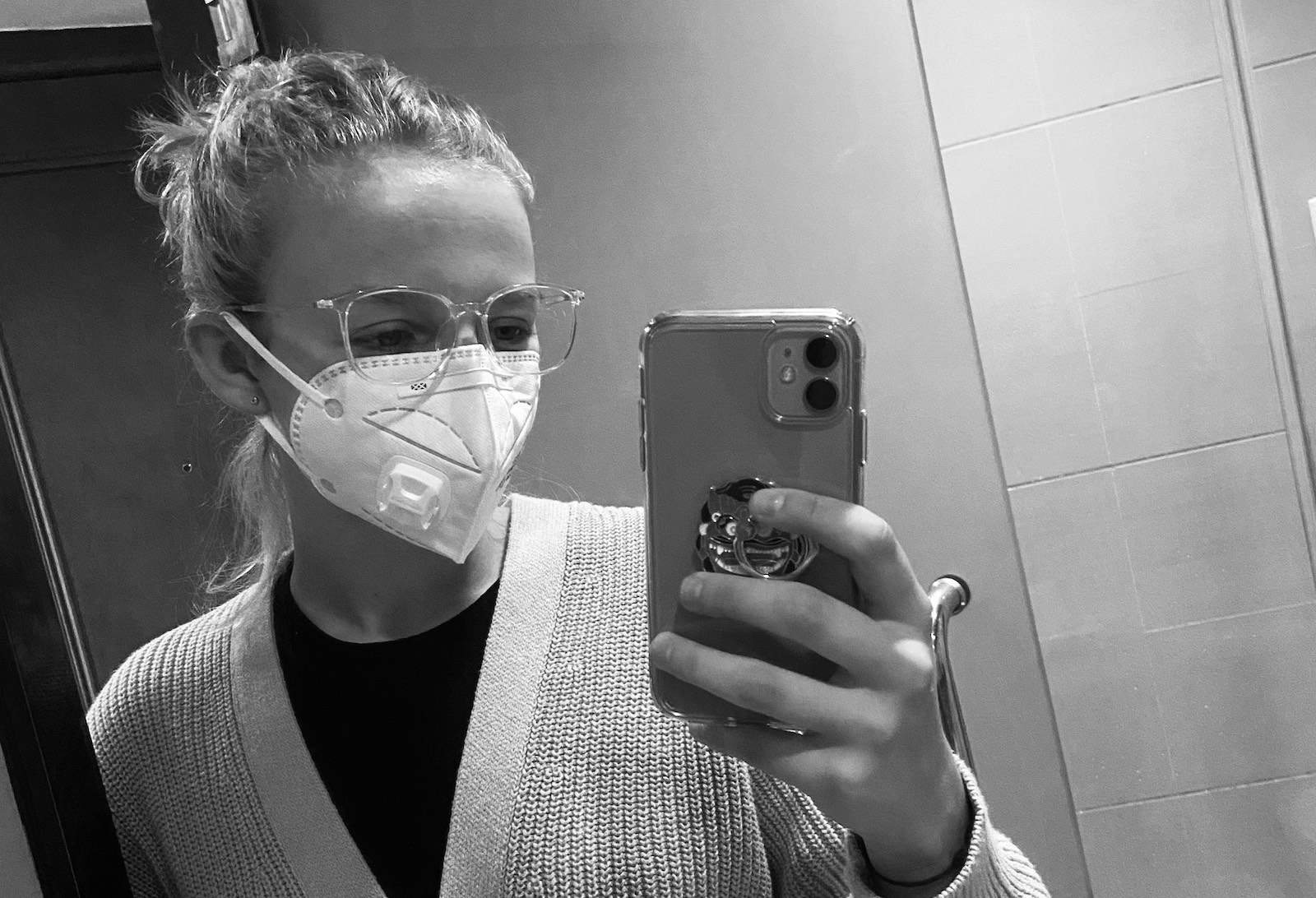



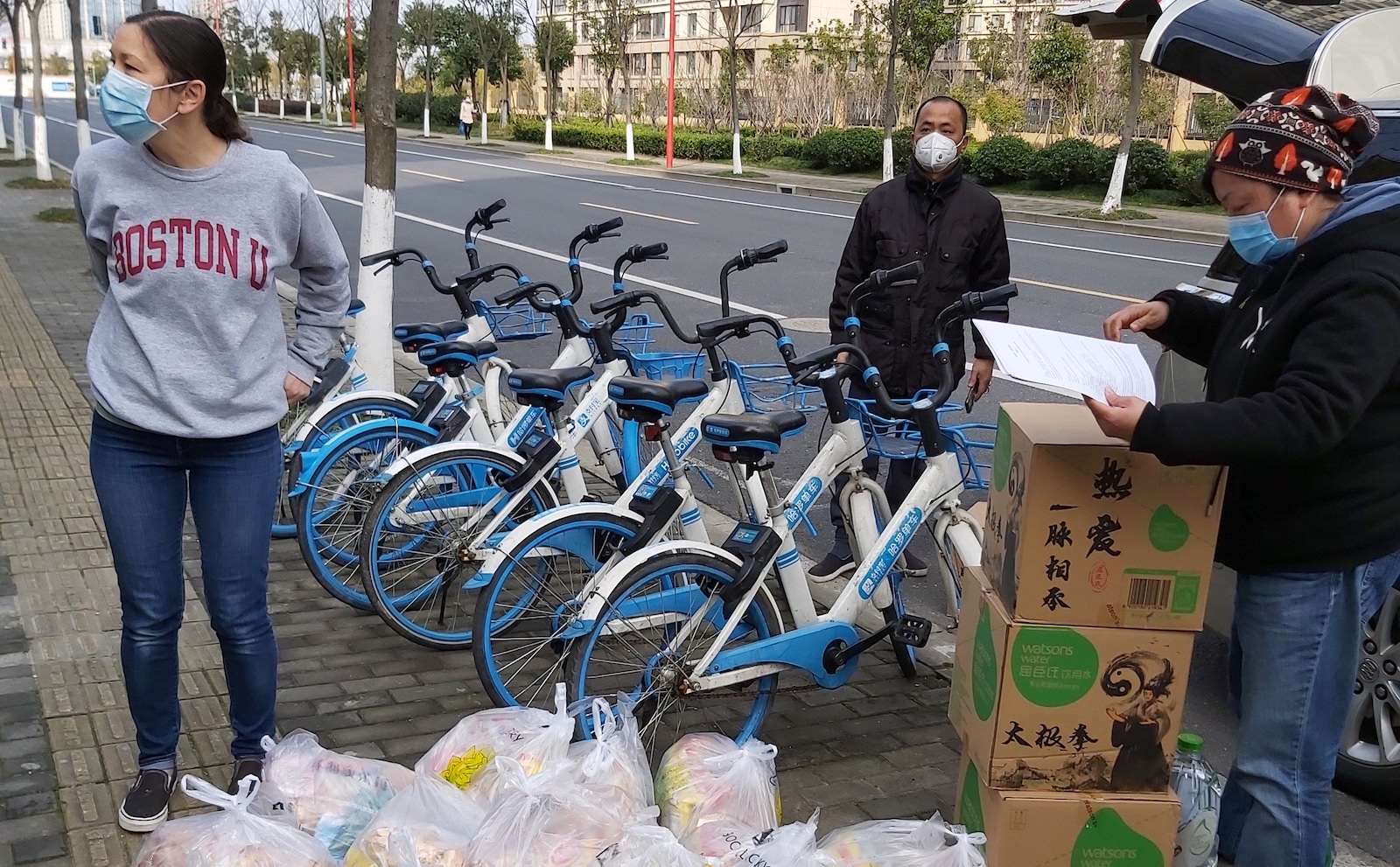

![“Here are the supplies [from the “emergency” packages] (including the all-important cream cookies and Toblerone).”](https://i0.wp.com/luck-it.net/wp-content/uploads/2020/02/100b-2.jpg?resize=1600%2C1200&ssl=1)

